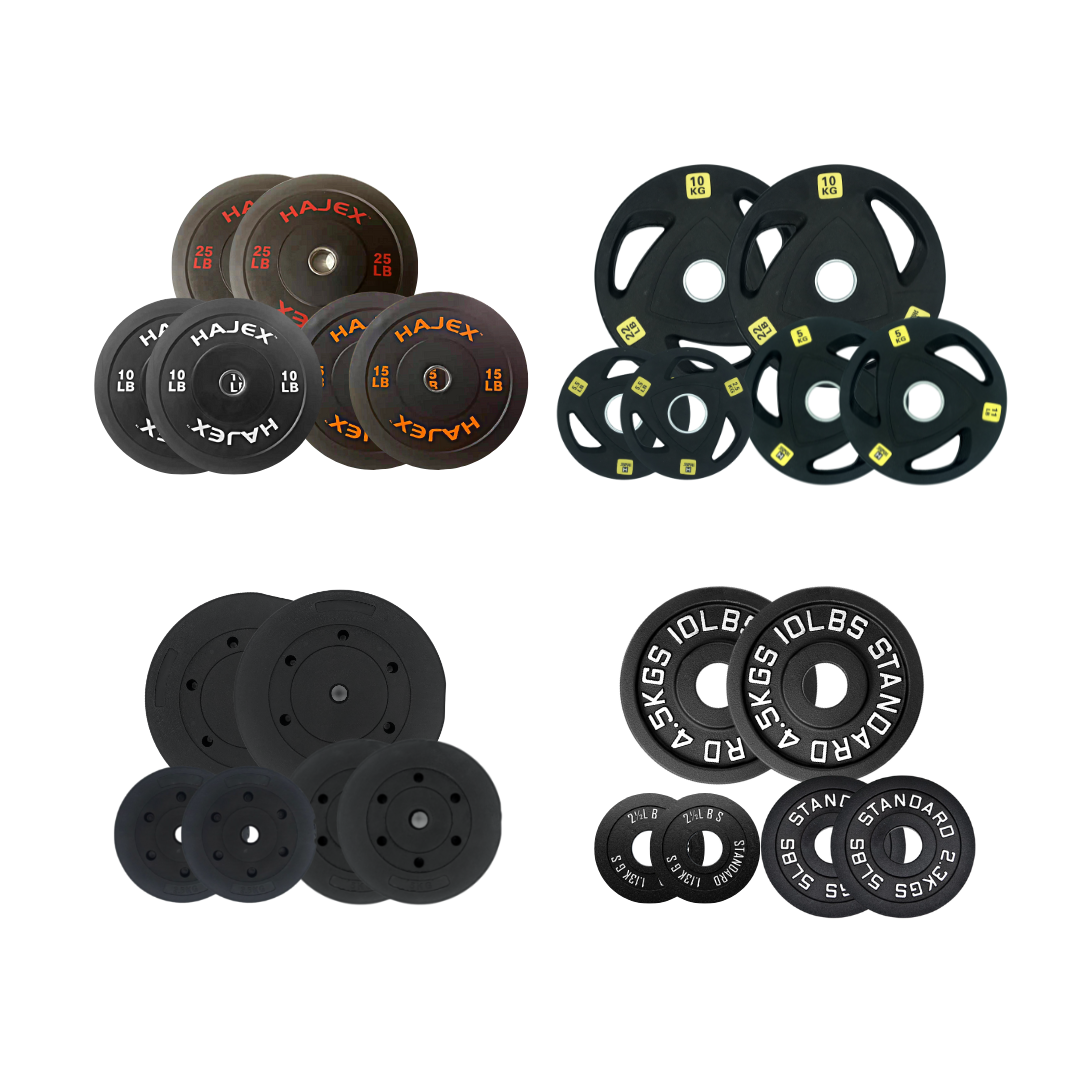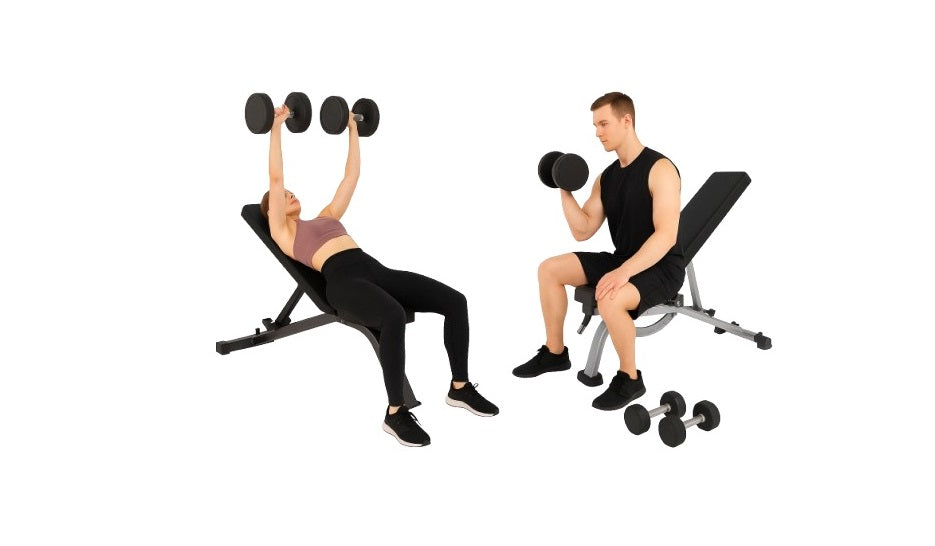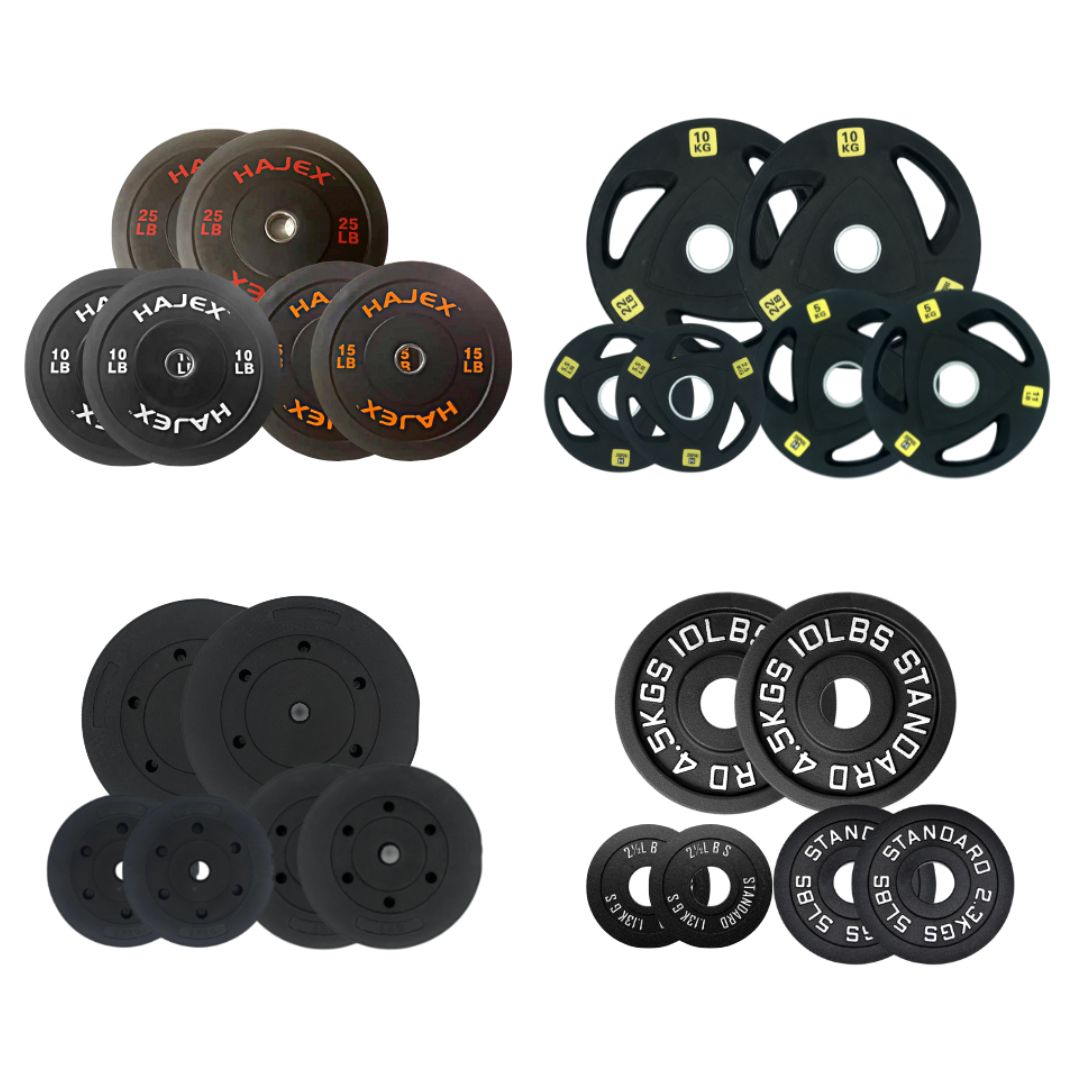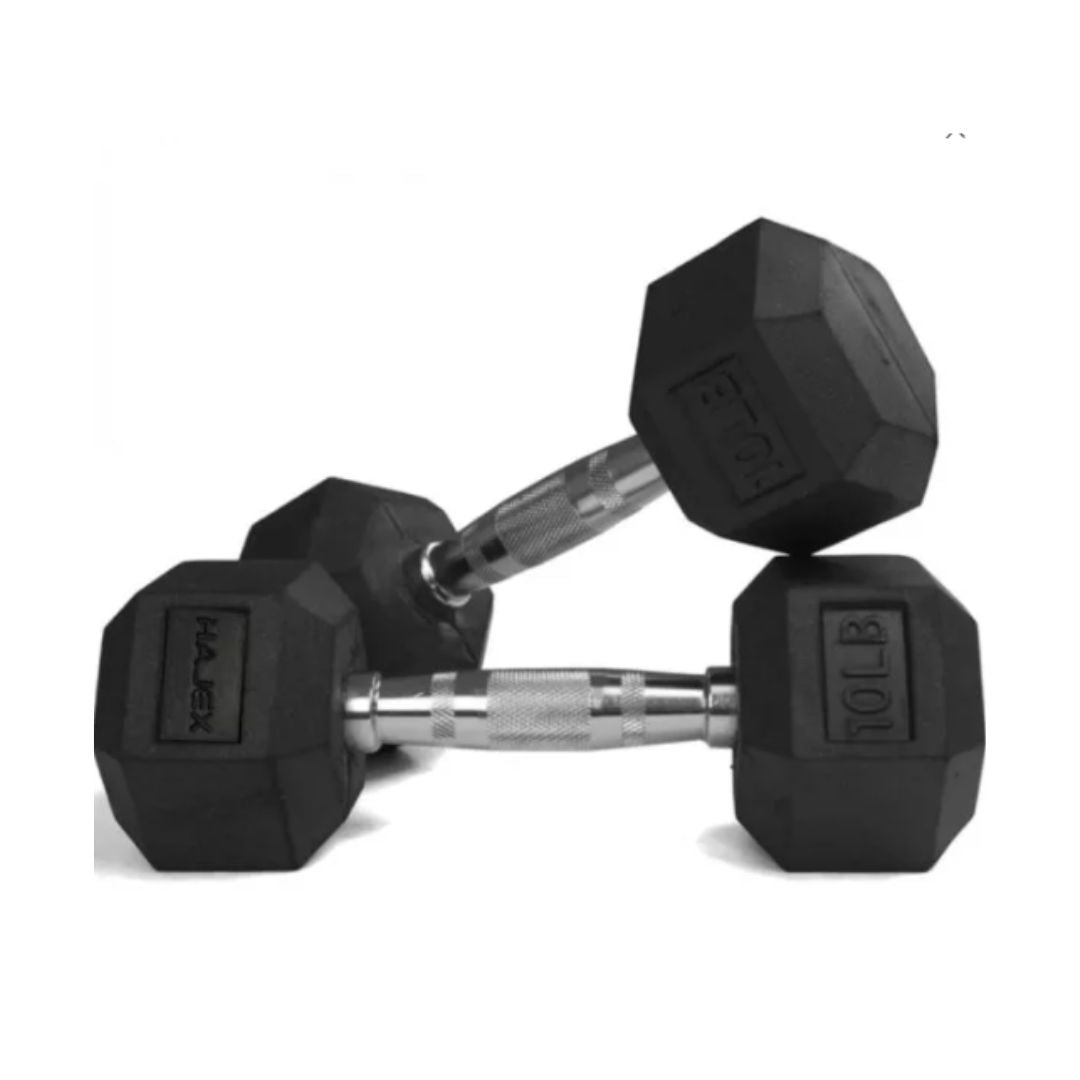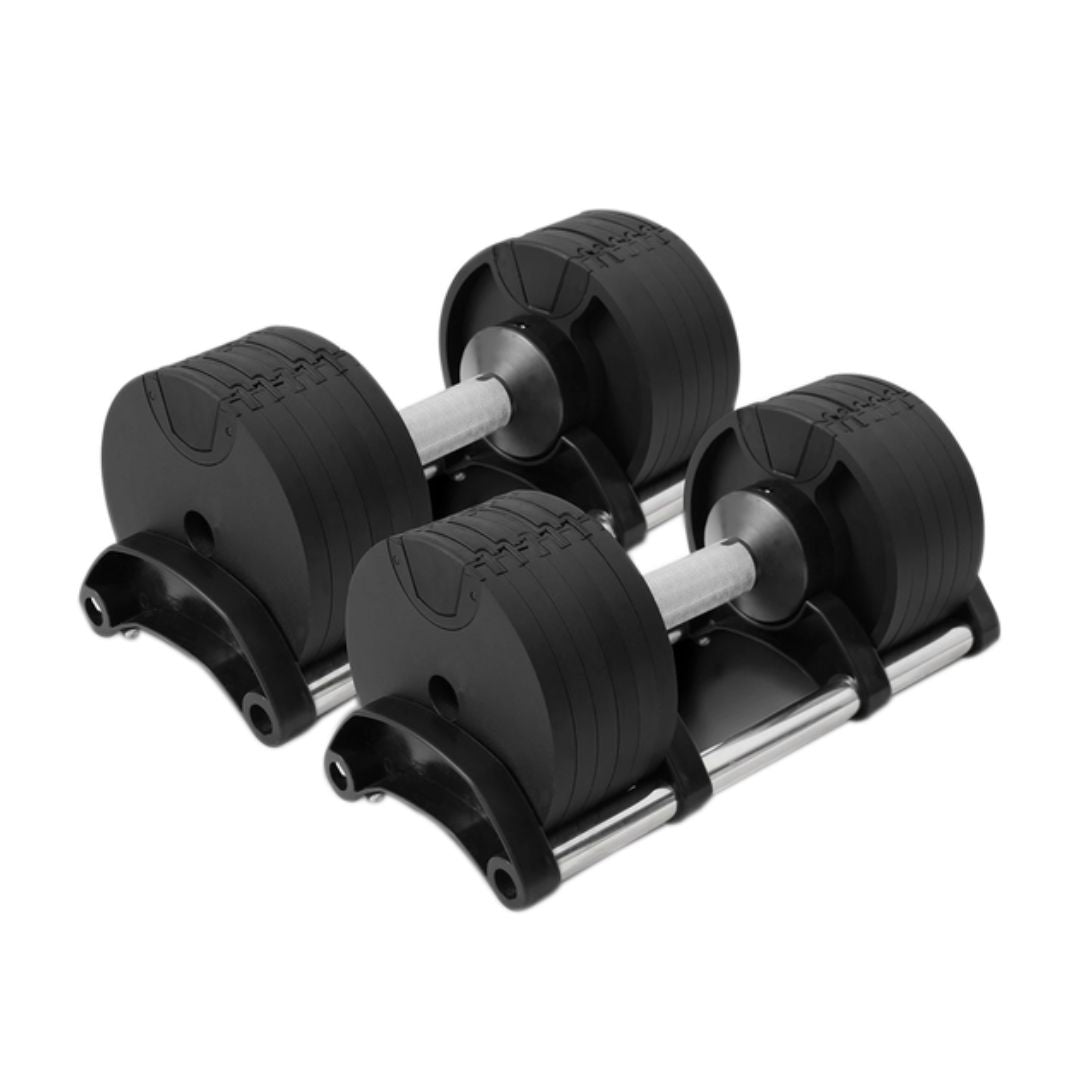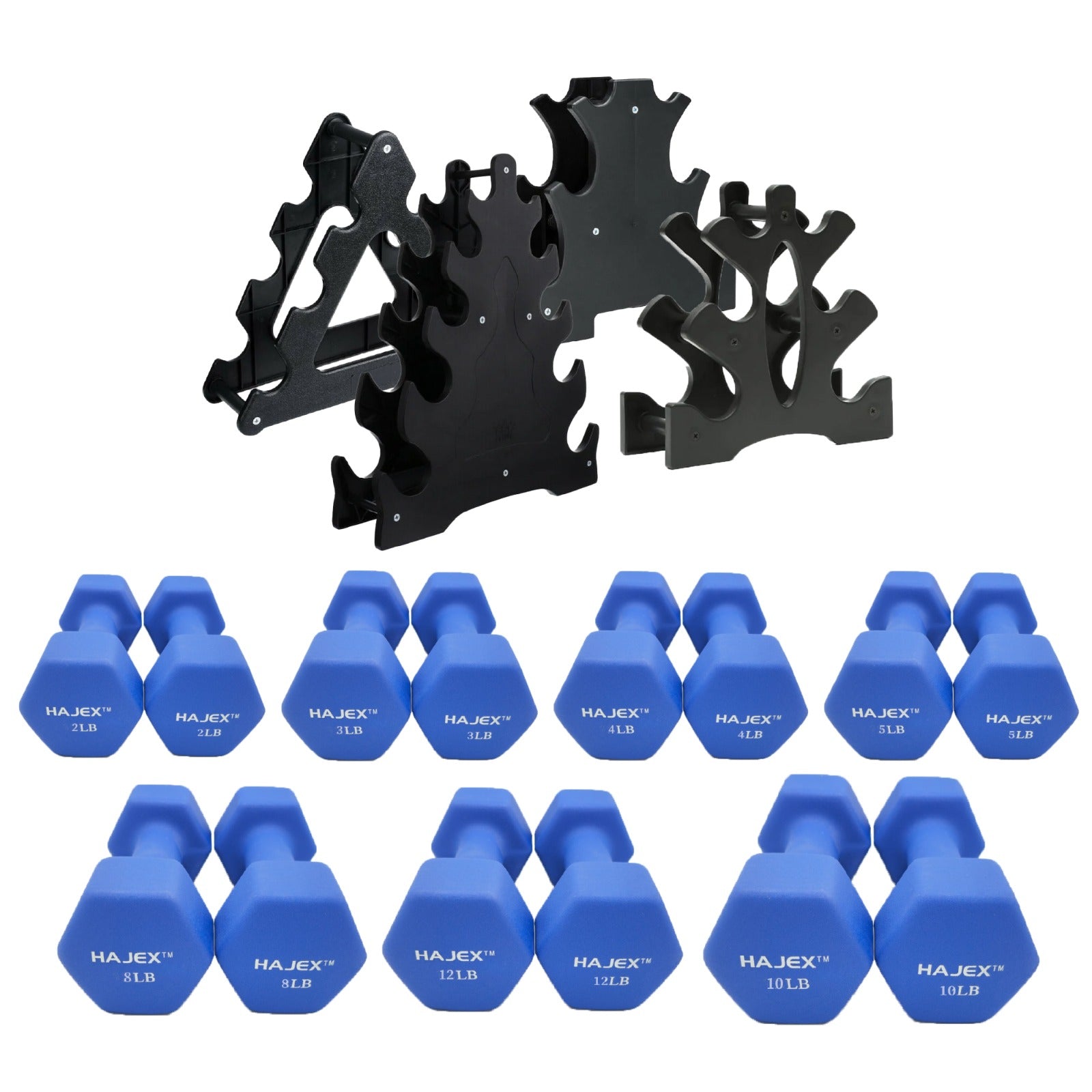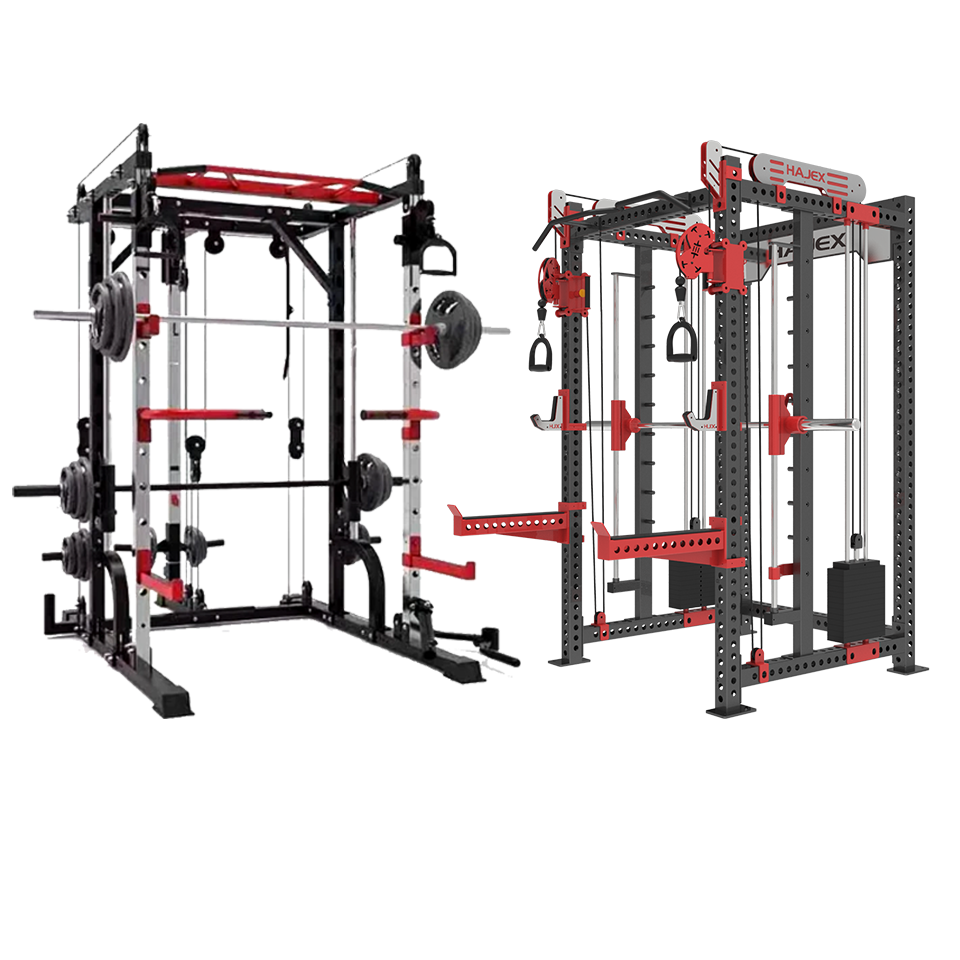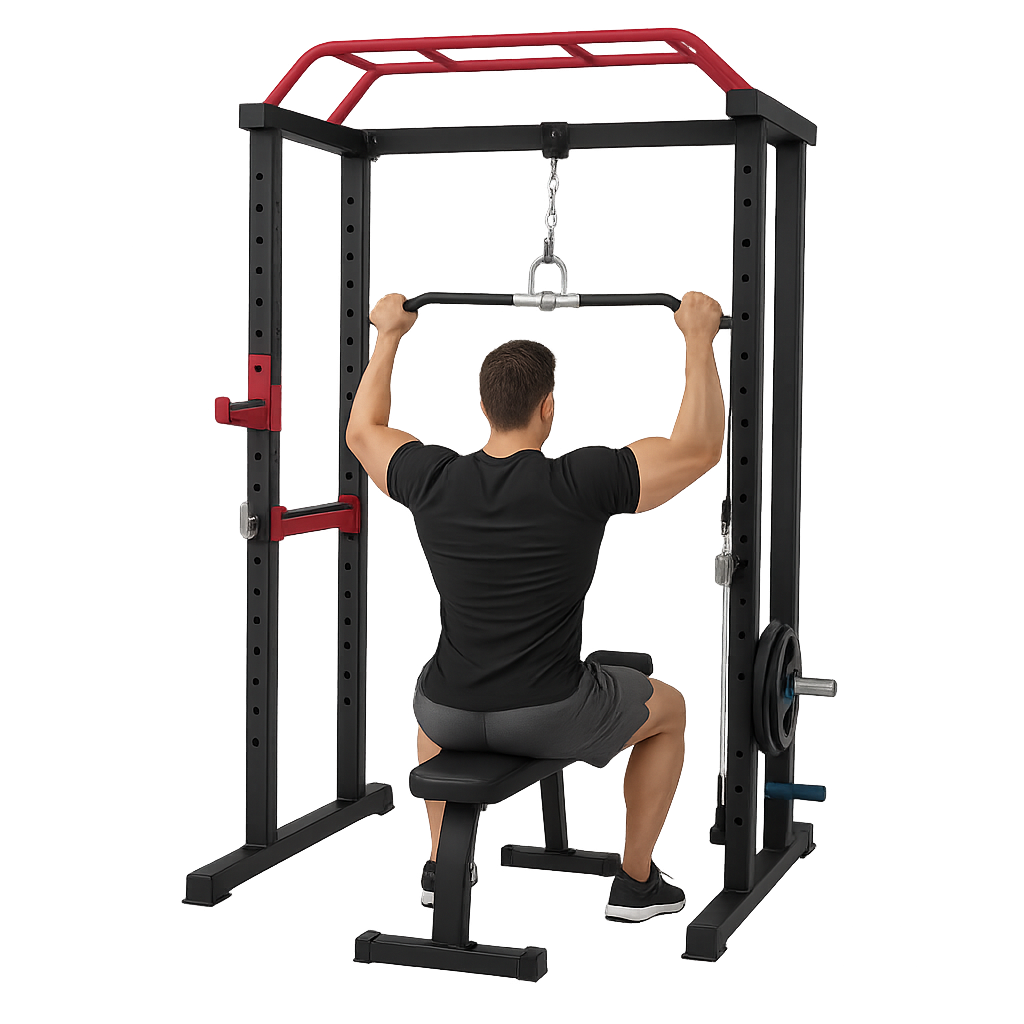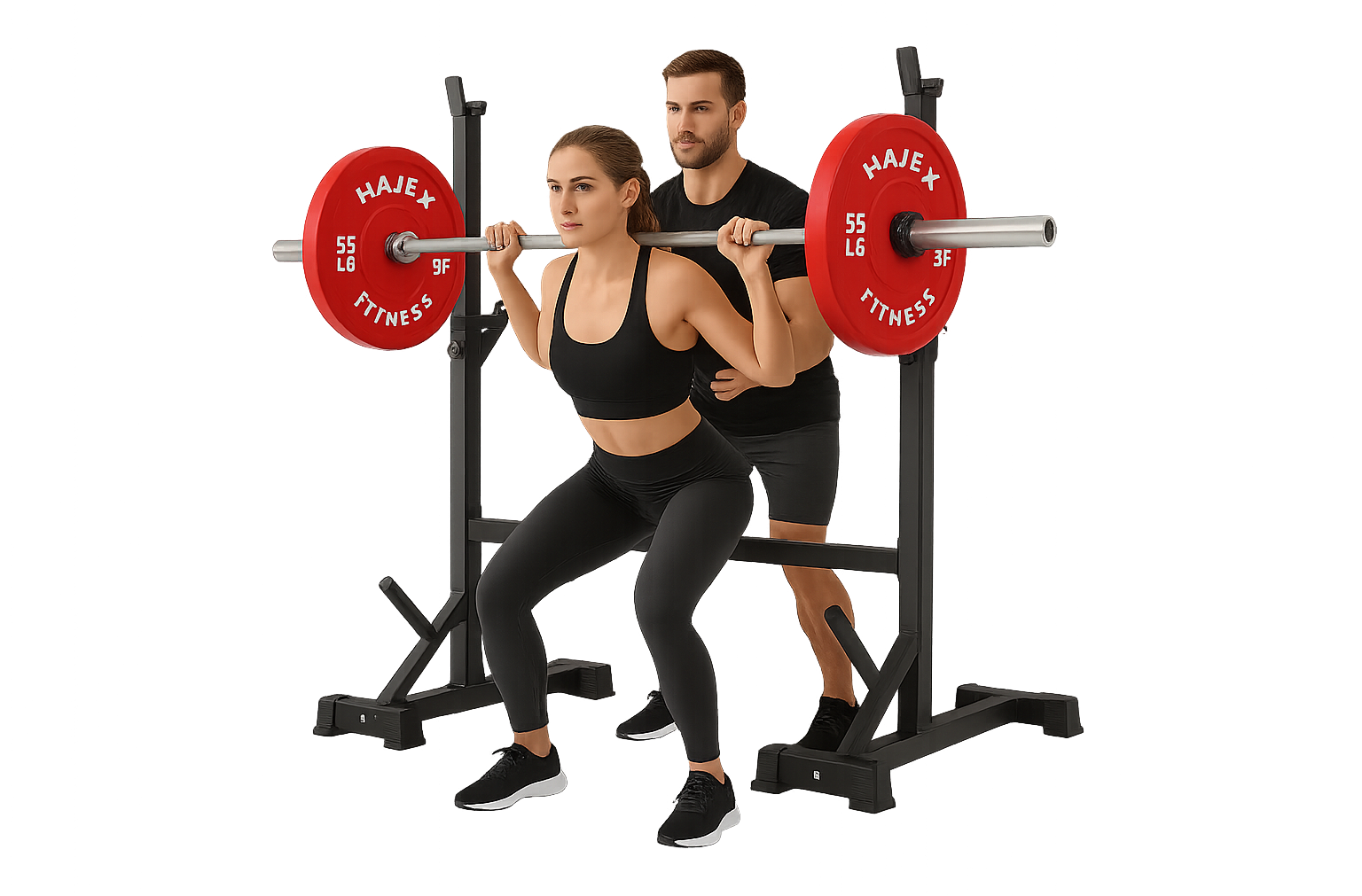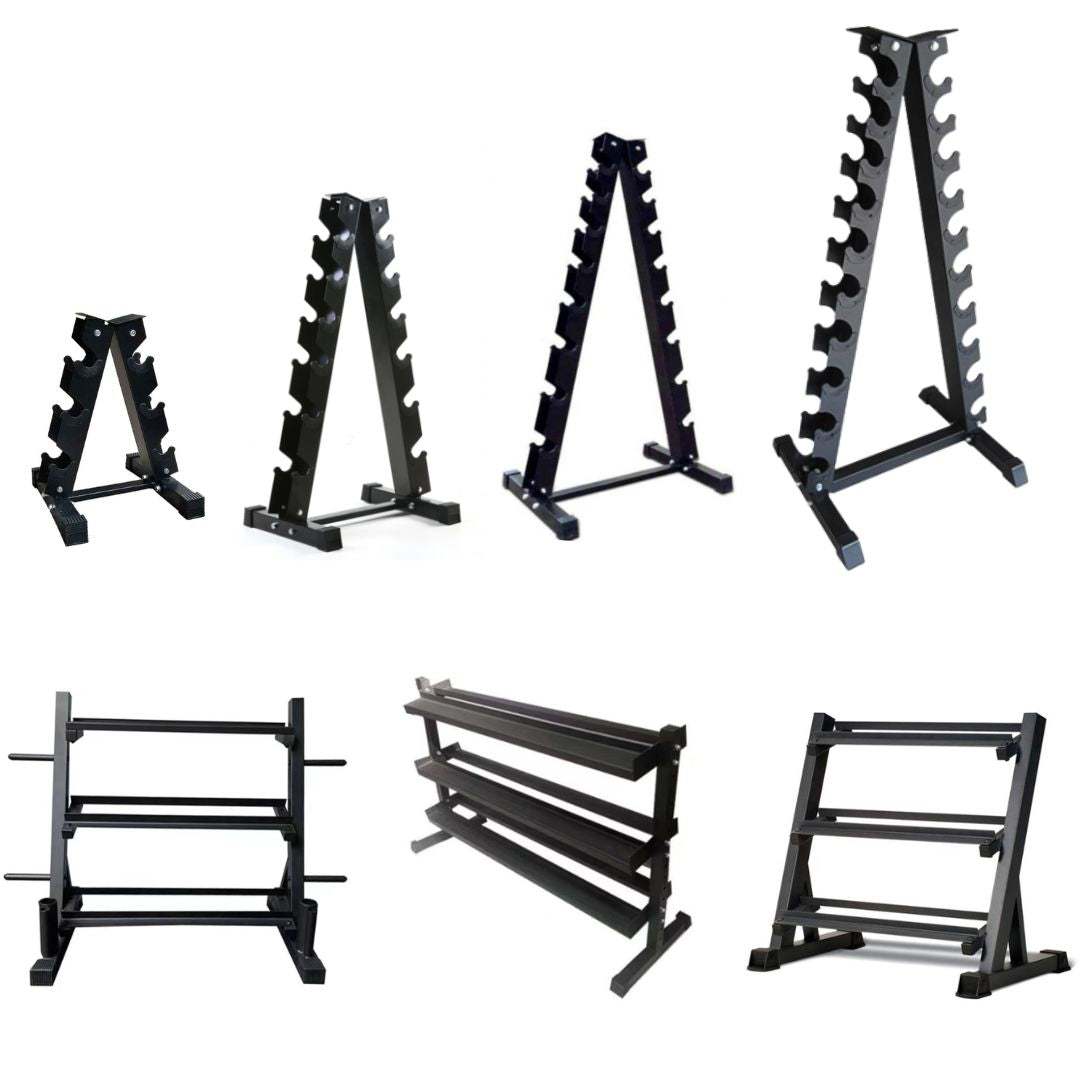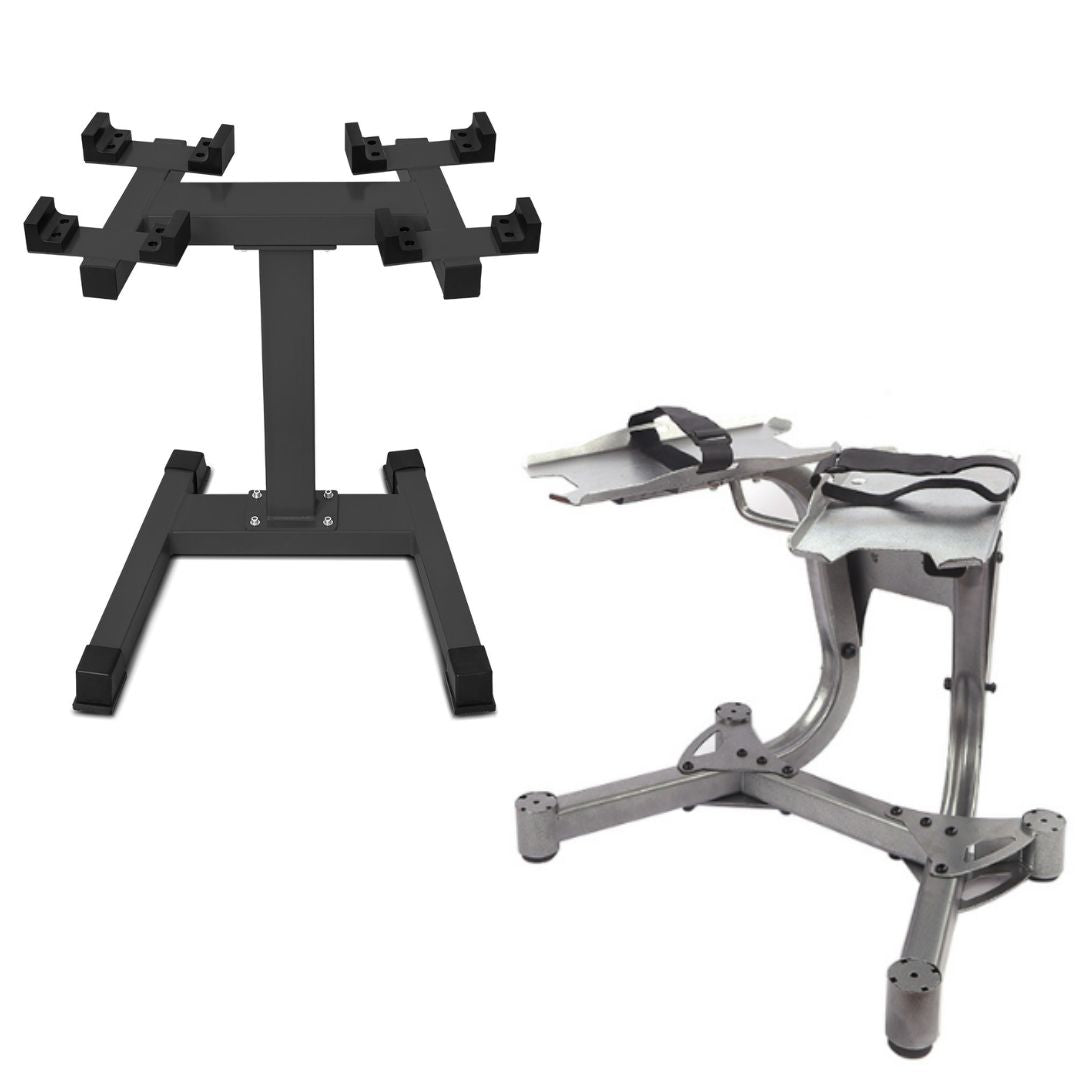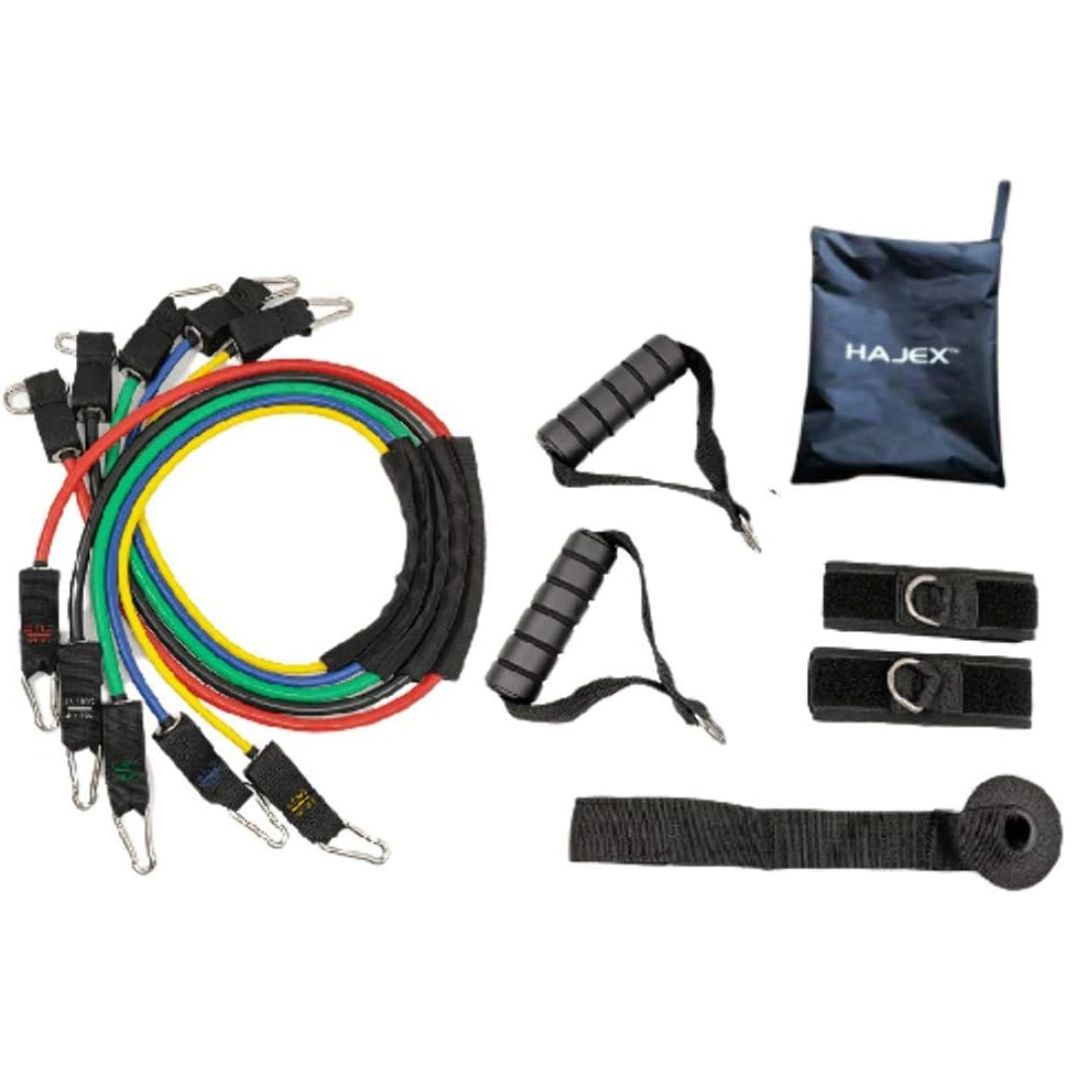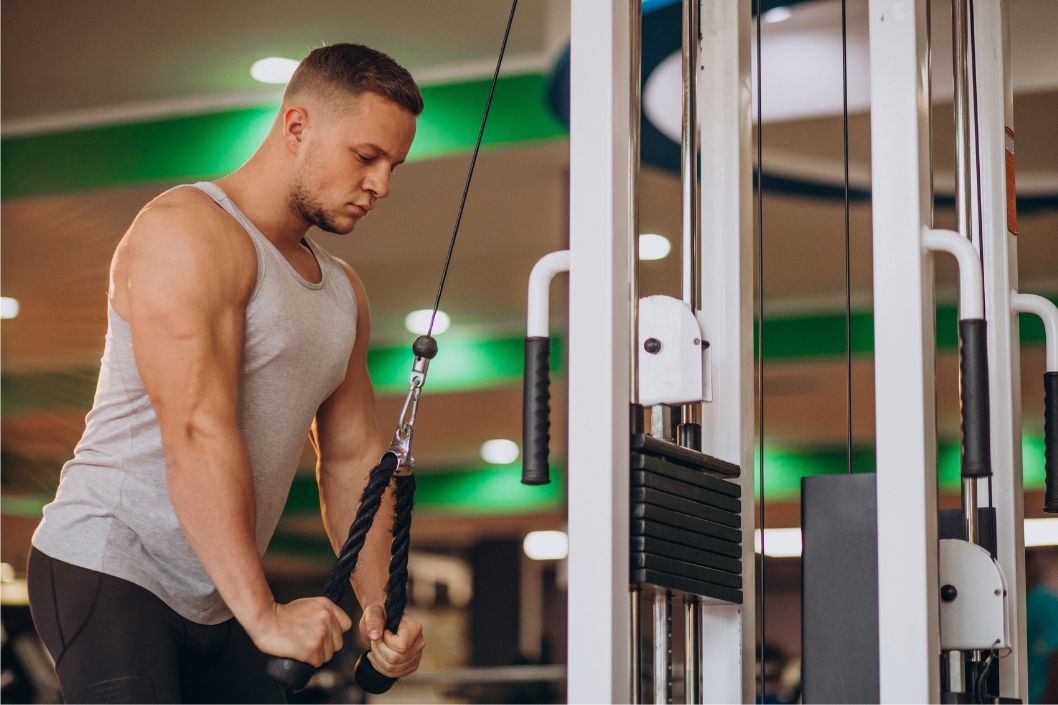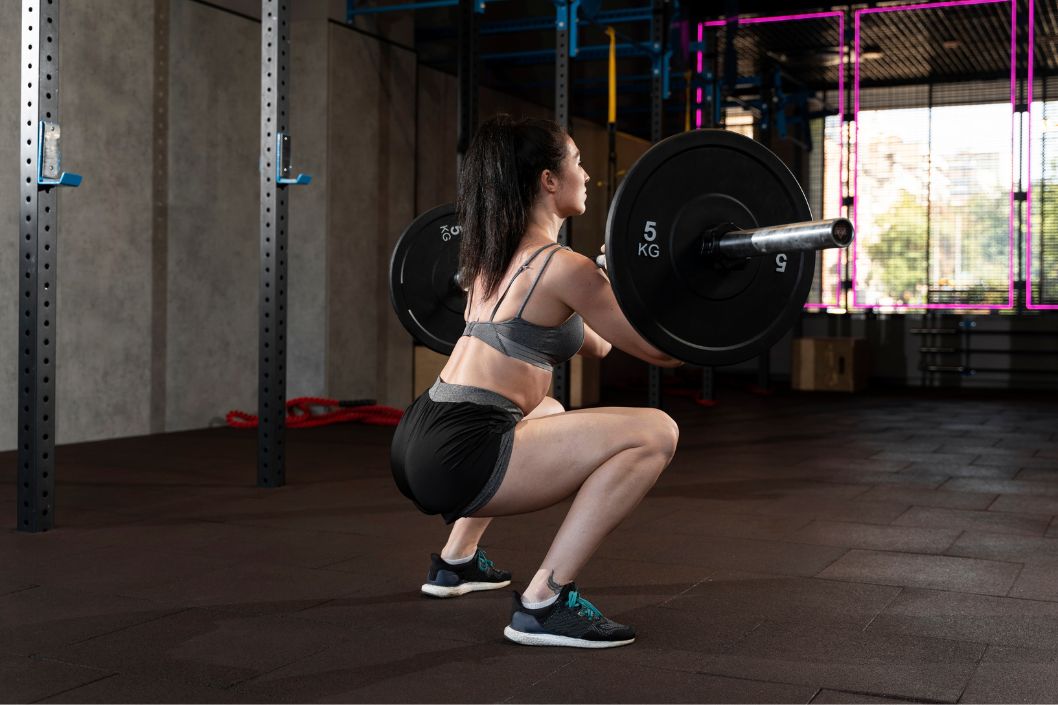Adaptive Fitness: unlocking potential in all abilities
In a world that constantly evolves, so too should our approach to fitness. Adaptive fitness, a revolutionary concept gaining momentum in the health and wellness sphere, emphasizes inclusivity, versatility, and personalized training. This article explores the significance of adaptive fitness, its principles, and how it can empower individuals of all abilities to achieve their health and fitness goals.

Understanding Adaptive Fitness:
Adaptive fitness is a holistic approach to exercise that tailors workouts to individual needs, accommodating diverse abilities and limitations. Unlike traditional fitness programs, which often follow a one-size-fits-all model, adaptive fitness embraces flexibility, making it accessible to a broader range of people. Whether someone is dealing with a physical disability, chronic illness, or simply prefers a customized fitness plan, adaptive fitness provides a solution.
Key Principles of Adaptive Fitness:
Personalization:
Adaptive fitness prioritizes individual needs, considering factors such as physical condition, mobility, and personal goals. Trainers work closely with clients to develop tailored workout routines that maximize effectiveness and minimize the risk of injury.

Inclusivity:
One of the core tenets of adaptive fitness is inclusivity. It promotes an environment where people of all ages, abilities, and fitness levels can participate in the same activities, breaking down barriers and fostering a sense of community.
Versatility:
Adaptive fitness programs are versatile, adapting to the ever-changing needs of participants. Whether someone is recovering from an injury, managing a chronic condition, or simply seeking a new challenge, adaptive fitness can be adjusted to suit any situation.

Benefits of Adaptive Fitness:
Improved Physical Health:
Adaptive fitness enables individuals to enhance their physical well-being by focusing on specific areas of improvement. Whether it's building strength, improving flexibility, or increasing cardiovascular fitness, adaptive workouts can be tailored to address unique health needs.
Mental Health Benefits:
Engaging in adaptive fitness can have positive hoorain. The sense of accomplishment and empowerment that comes from overcoming challenges can boost confidence and reduce stress, anxiety, and depression.

Increased Accessibility:
Adaptive fitness opens the doors to physical activity for individuals who may have previously felt excluded from traditional exercise programs. This inclusivity is especially important for promoting overall health and well-being.
Getting Started with Adaptive Fitness:
Consult with a Professional:
Before embarking on an adaptive fitness journey, it's crucial to consult with a fitness professional or healthcare provider. They can assess individual needs, set realistic fitness goals, and provide guidance on the most suitable adaptive exercises.
Choose Accessible Facilities:
Look for fitness facilities that prioritize accessibility and inclusivity. Many gyms and fitness studios now offer adaptive fitness classes or have specialized equipment to accommodate various needs.

Embrace Variety:
Adaptive fitness encourages a diverse range of activities. From modified strength training to adaptive yoga, exploring different forms of exercise ensures a well-rounded approach to fitness.
Conclusion:
Adaptive fitness is a groundbreaking approach that fosters a culture of inclusivity, flexibility, and personalization in the fitness world. By embracing adaptive fitness principles, individuals can overcome barriers, improve their physical and mental well-being, and embark on a journey to unlock their full potential. As the fitness landscape continues to evolve, adaptive fitness stands out as a beacon of progress, welcoming everyone to the transformative power of a personalized and adaptable approach to health and fitness
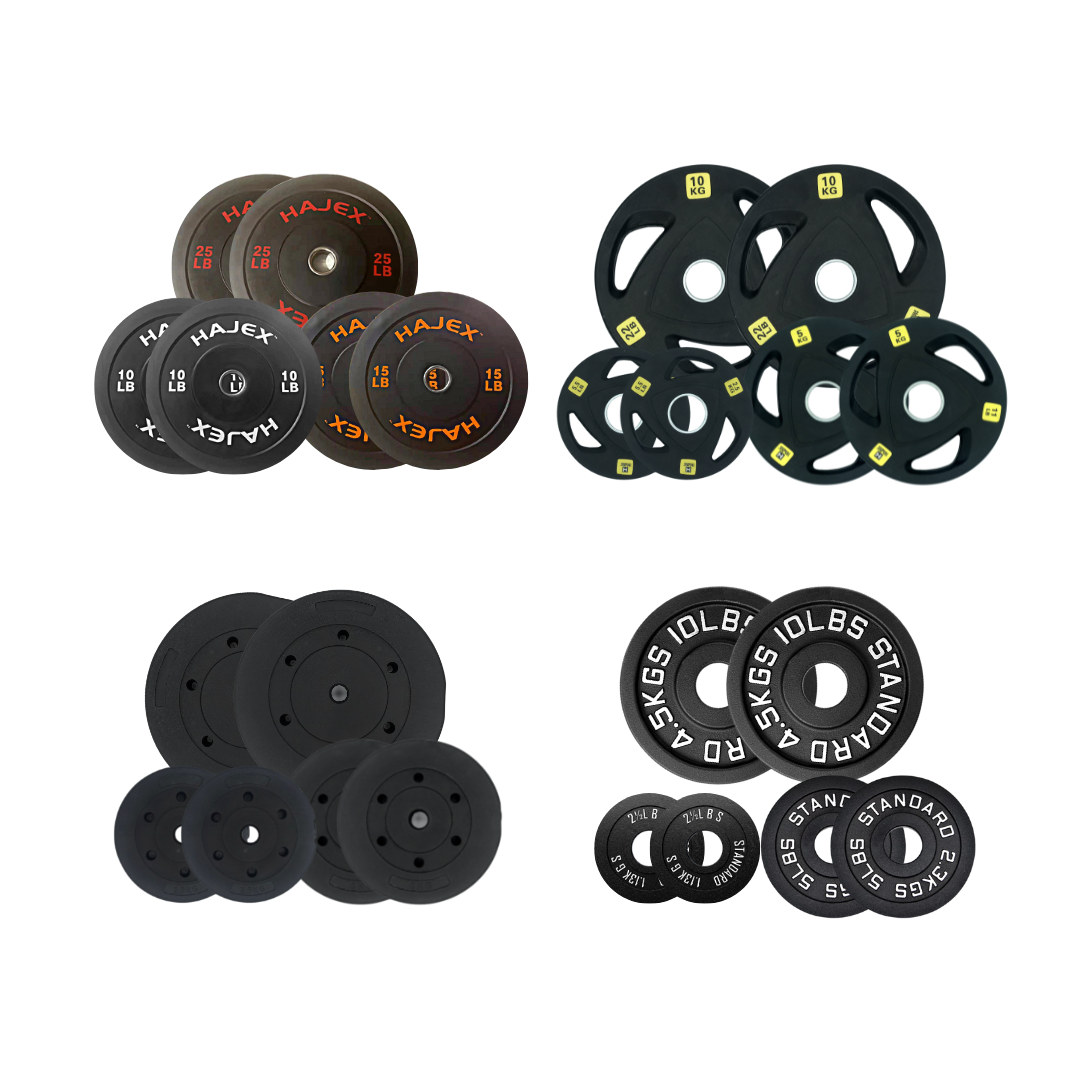 WEIGHT PLATES
WEIGHT PLATES
 Cast Iron Olympic Plates
Cast Iron Olympic Plates
 Olympic Rubber Weight Plates
Olympic Rubber Weight Plates
 PVC Weight Plates
PVC Weight Plates
 DUMBBELLS
DUMBBELLS
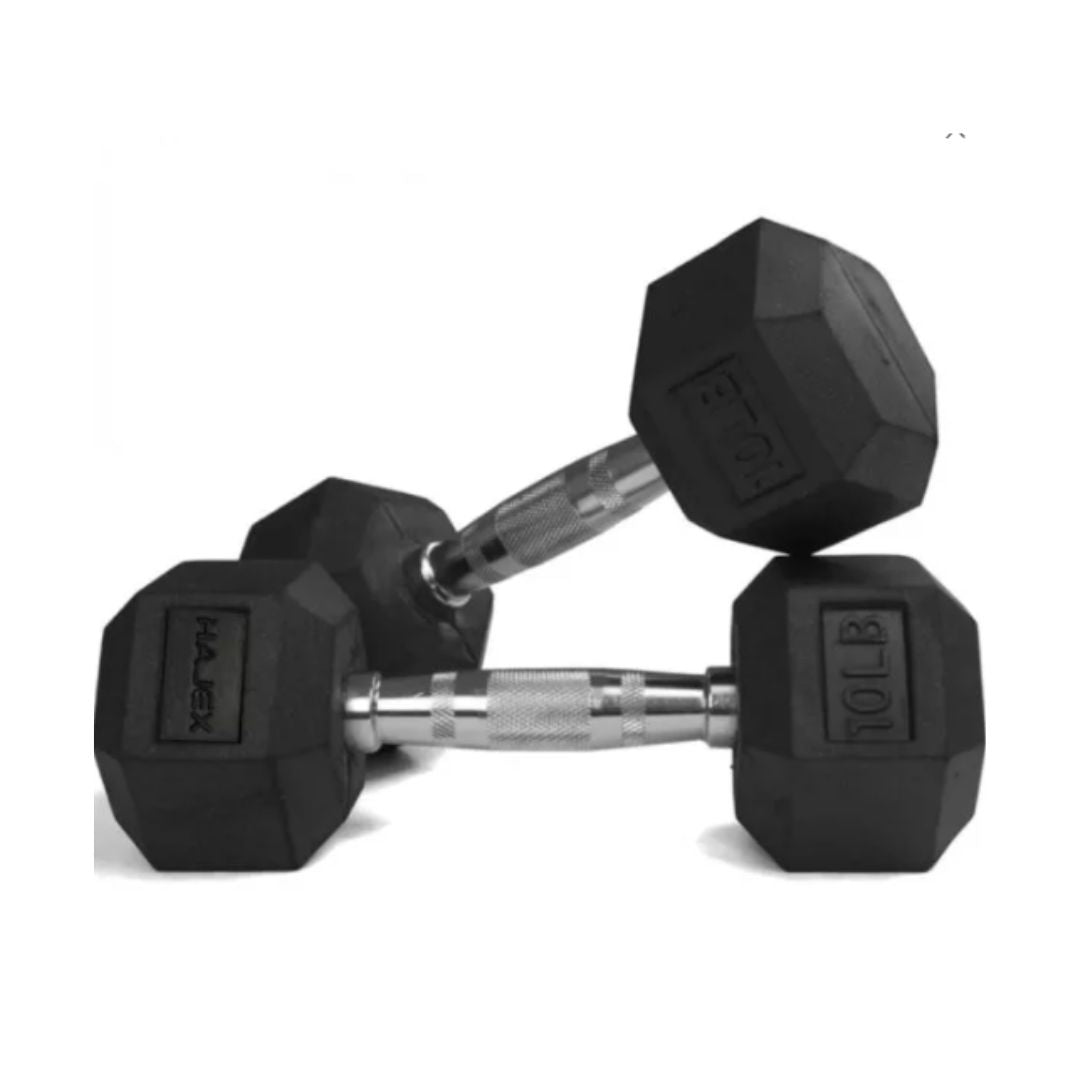 Rubber Hex Dumbbells
Rubber Hex Dumbbells
 Cast Iron Adjustable Dumbbells
Cast Iron Adjustable Dumbbells
 Round Head Dumbbells
Round Head Dumbbells
 Neoprene Dumbbells
Neoprene Dumbbells
 BENCHES
BENCHES
 CARDIO
CARDIO
 BARBELL BARS
BARBELL BARS
 Home Gym Deals
Home Gym Deals
 Olympic Bumper Plates
Olympic Bumper Plates
 Tri Grip Plates
Tri Grip Plates
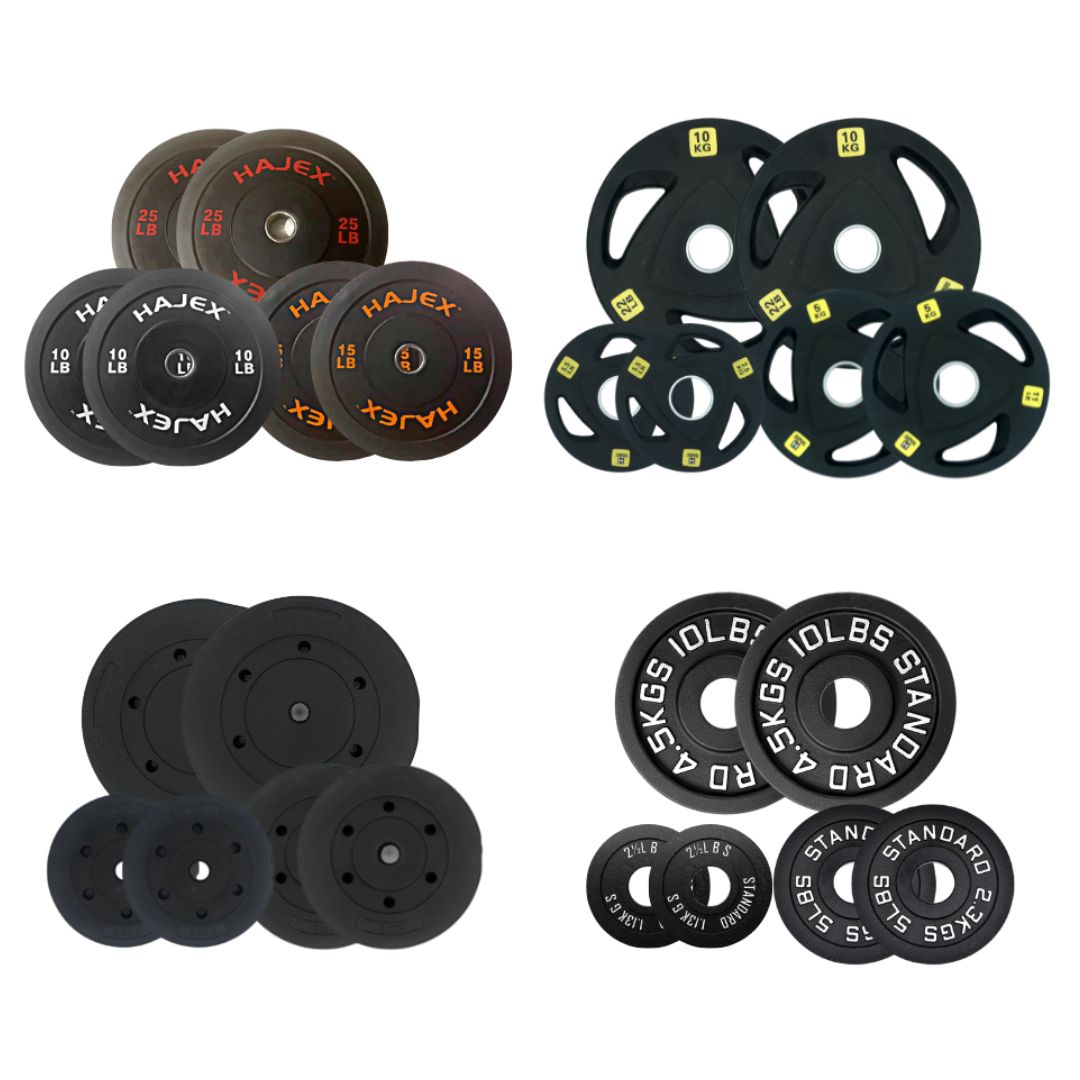 Weight Plates Combo
Weight Plates Combo
 Olympic Steel Hub Bumper Plates
Olympic Steel Hub Bumper Plates
 PVC Dumbbells
PVC Dumbbells
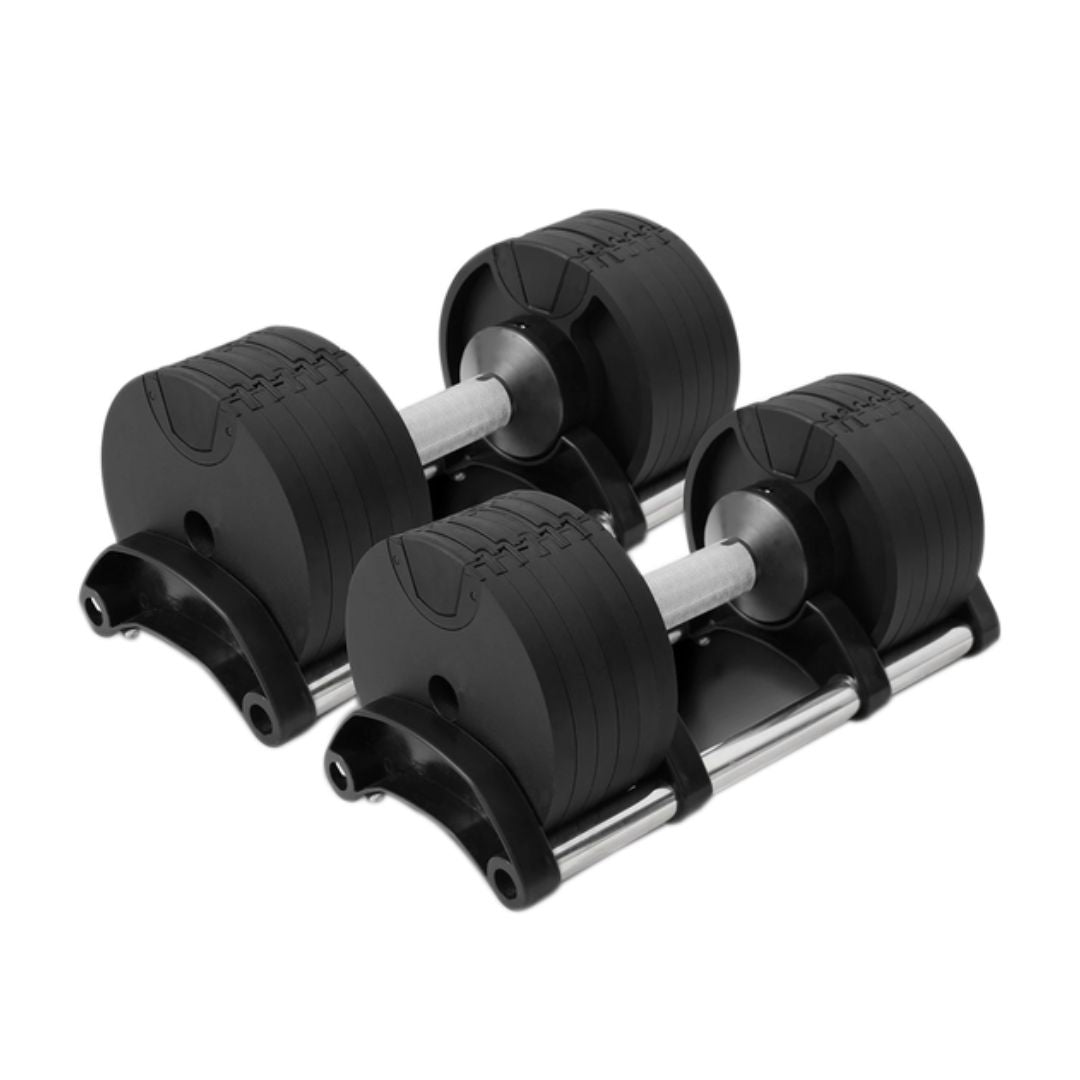 NUO Style Adjustable Dumbbells
NUO Style Adjustable Dumbbells
 Olympic Barbells 2"
Olympic Barbells 2"
 Standard Barbells 1"
Standard Barbells 1"
 Fixed Weight Bars
Fixed Weight Bars
 Benches with Pulley & Rack
Benches with Pulley & Rack
 CARDIO
CARDIO
 Foldable Walking Pads
Foldable Walking Pads
 Exercise Bikes
Exercise Bikes
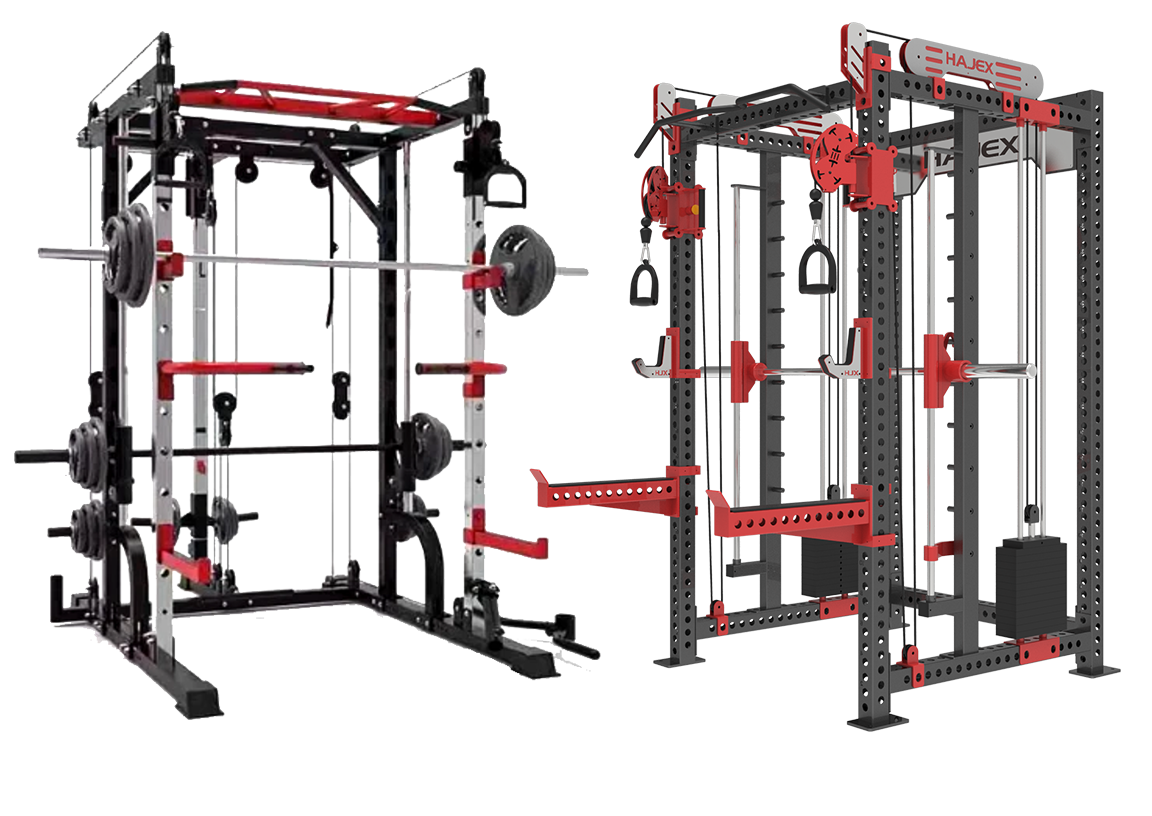 RACKS, CAGES & SMITHS
RACKS, CAGES & SMITHS
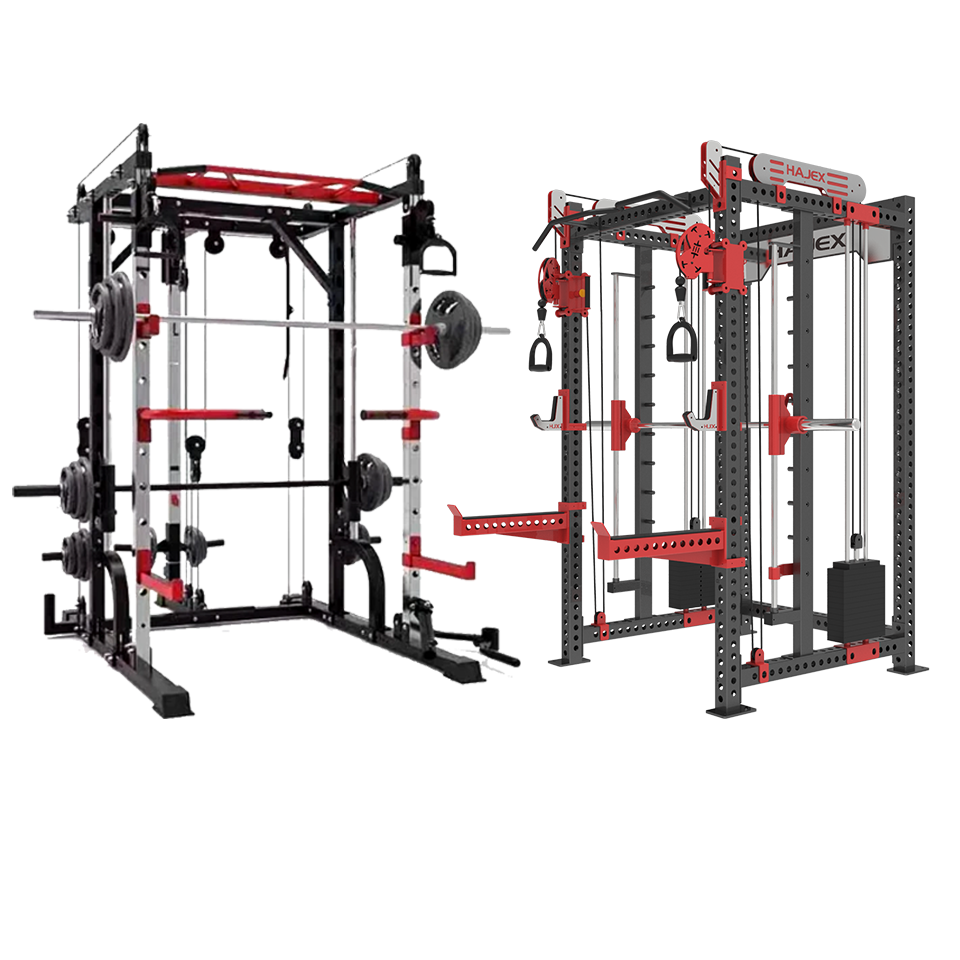 Smith Machines
Smith Machines
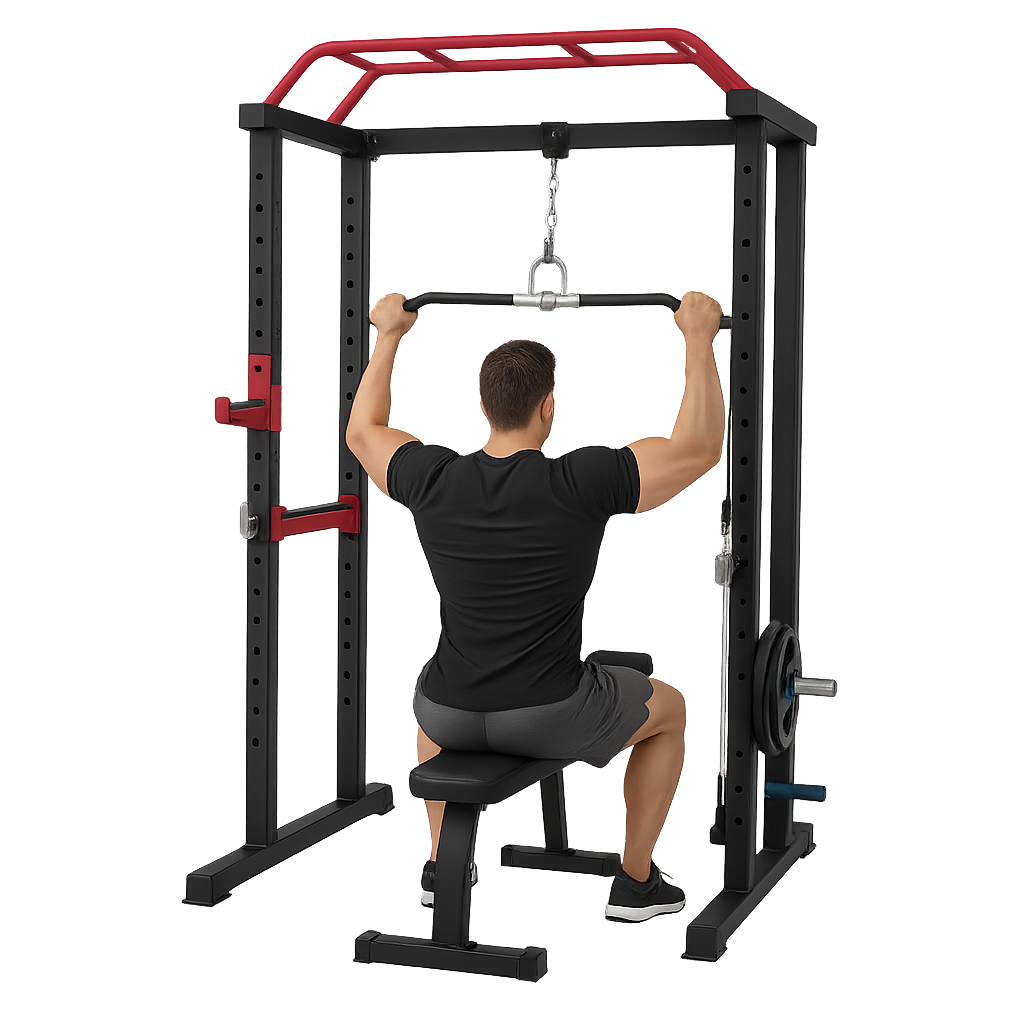 Power Racks
Power Racks
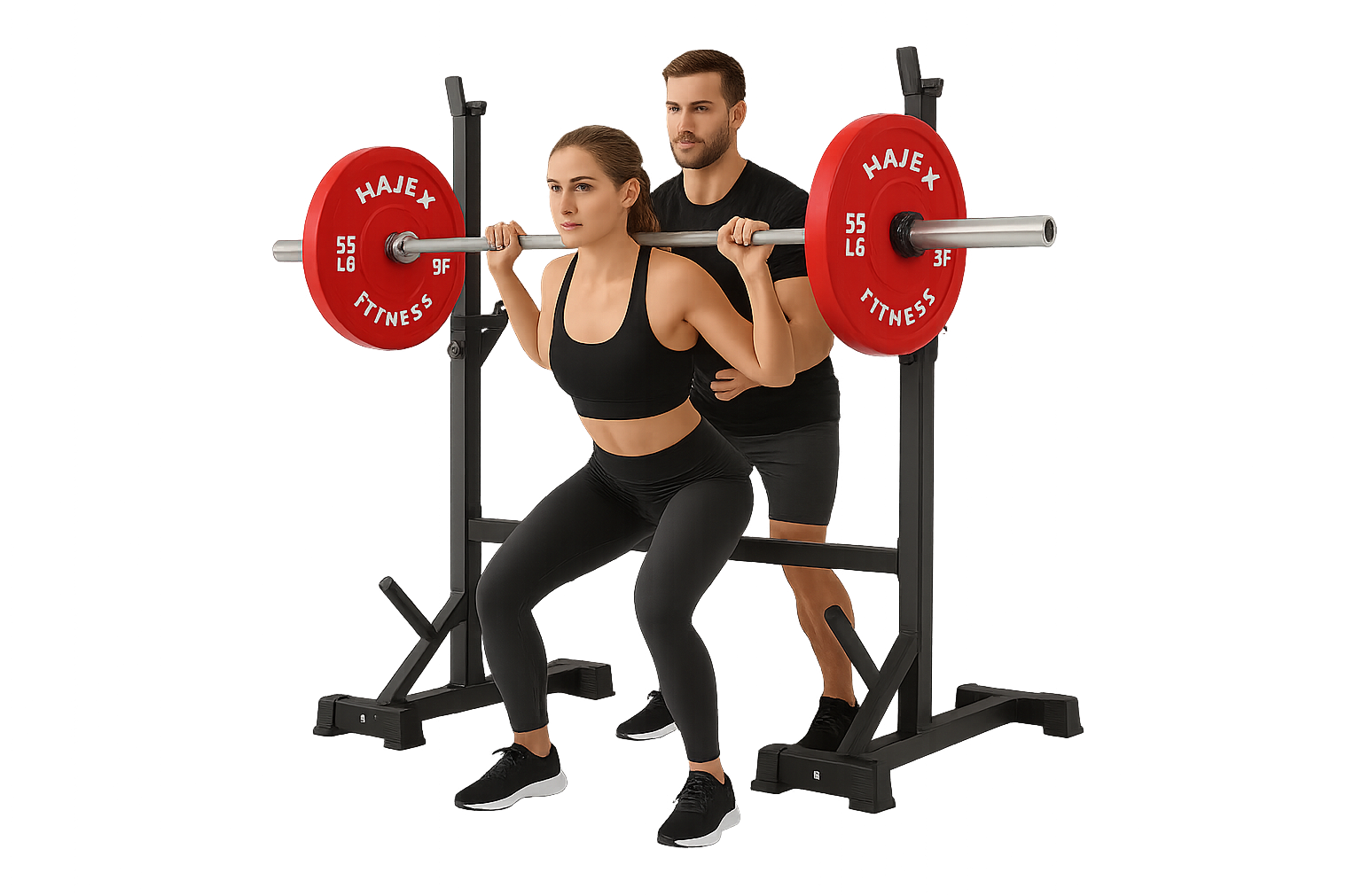 Squat Racks
Squat Racks
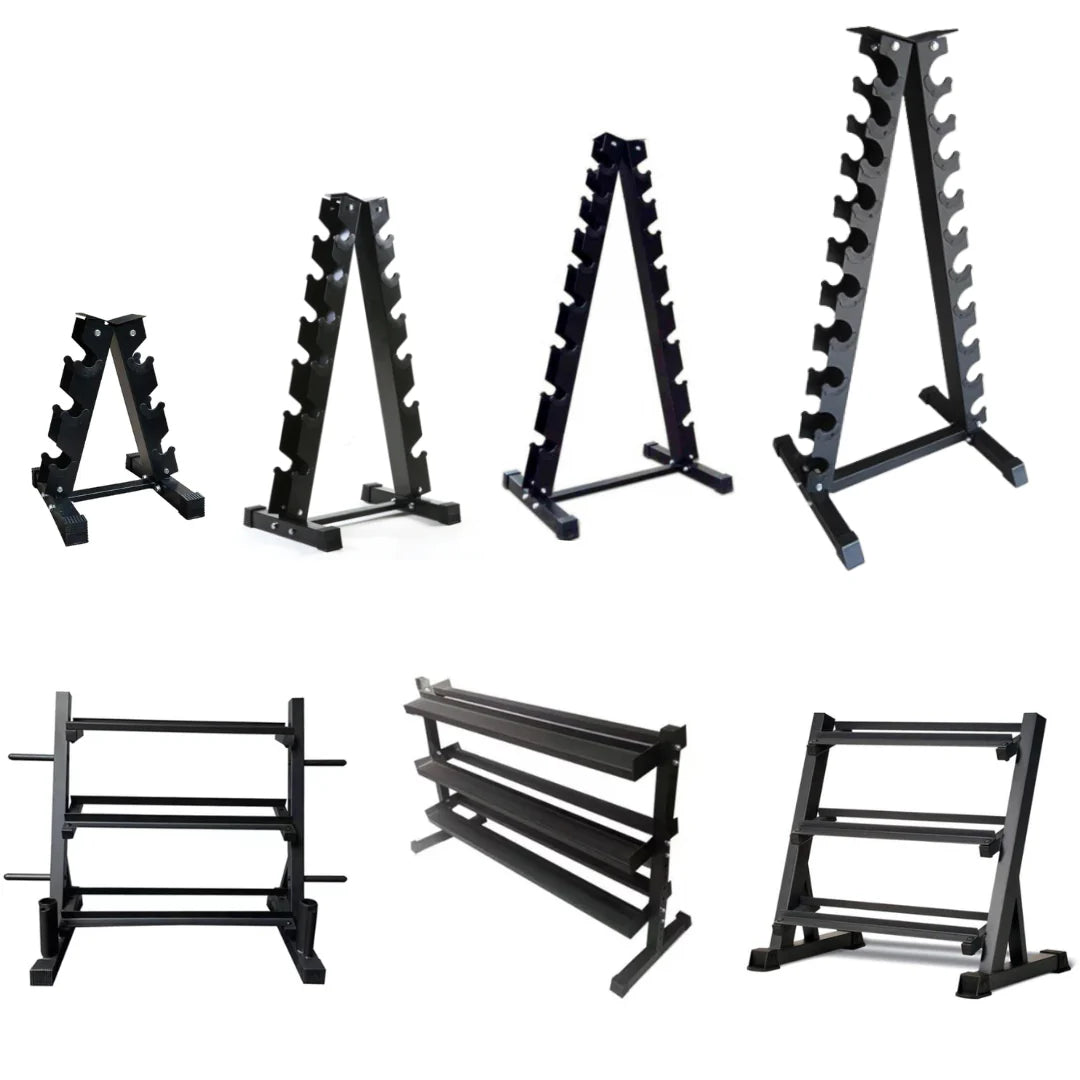 STORAGE RACKS
STORAGE RACKS
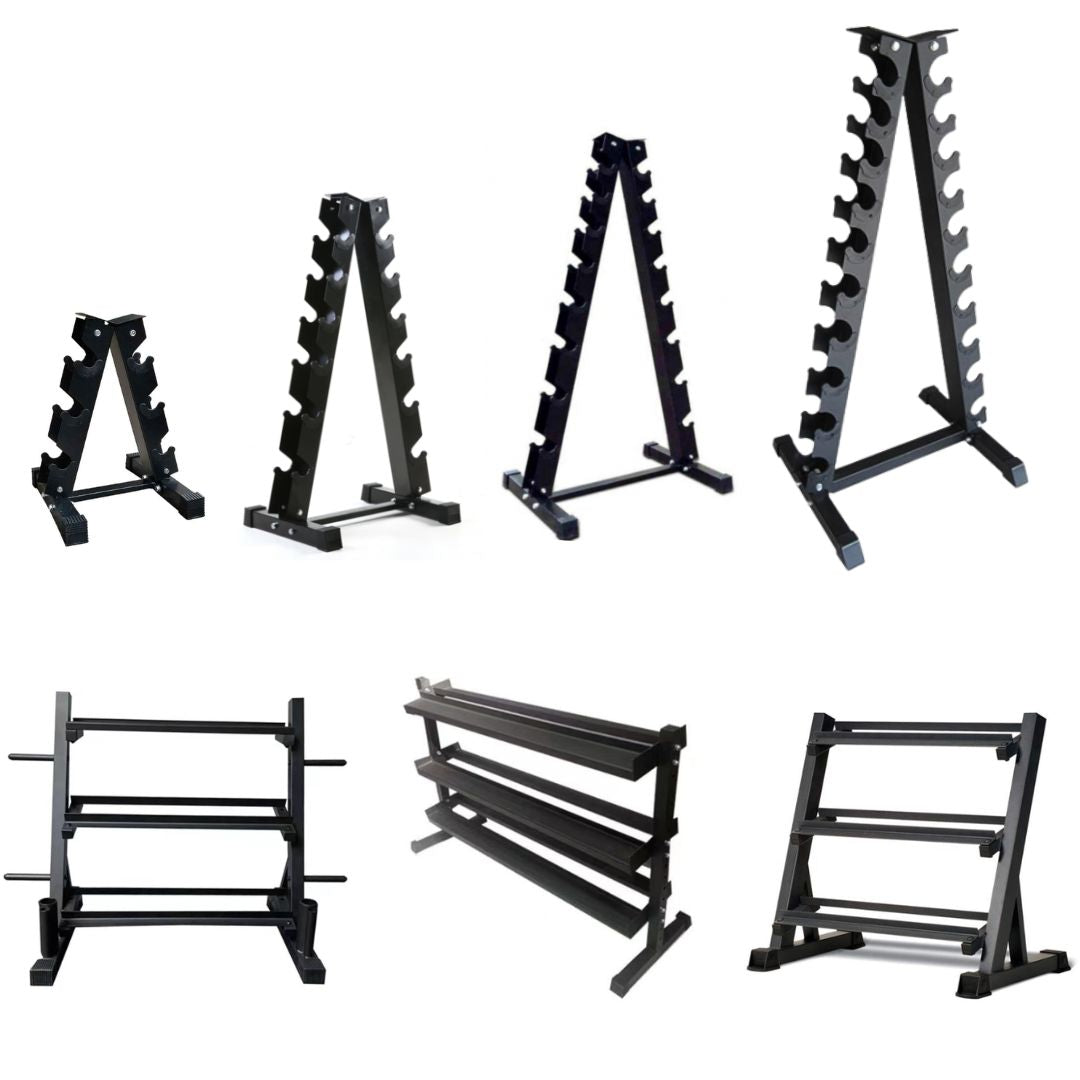 Dumbbell & Kettlebell Racks
Dumbbell & Kettlebell Racks
 Mini Dumbbell Racks
Mini Dumbbell Racks
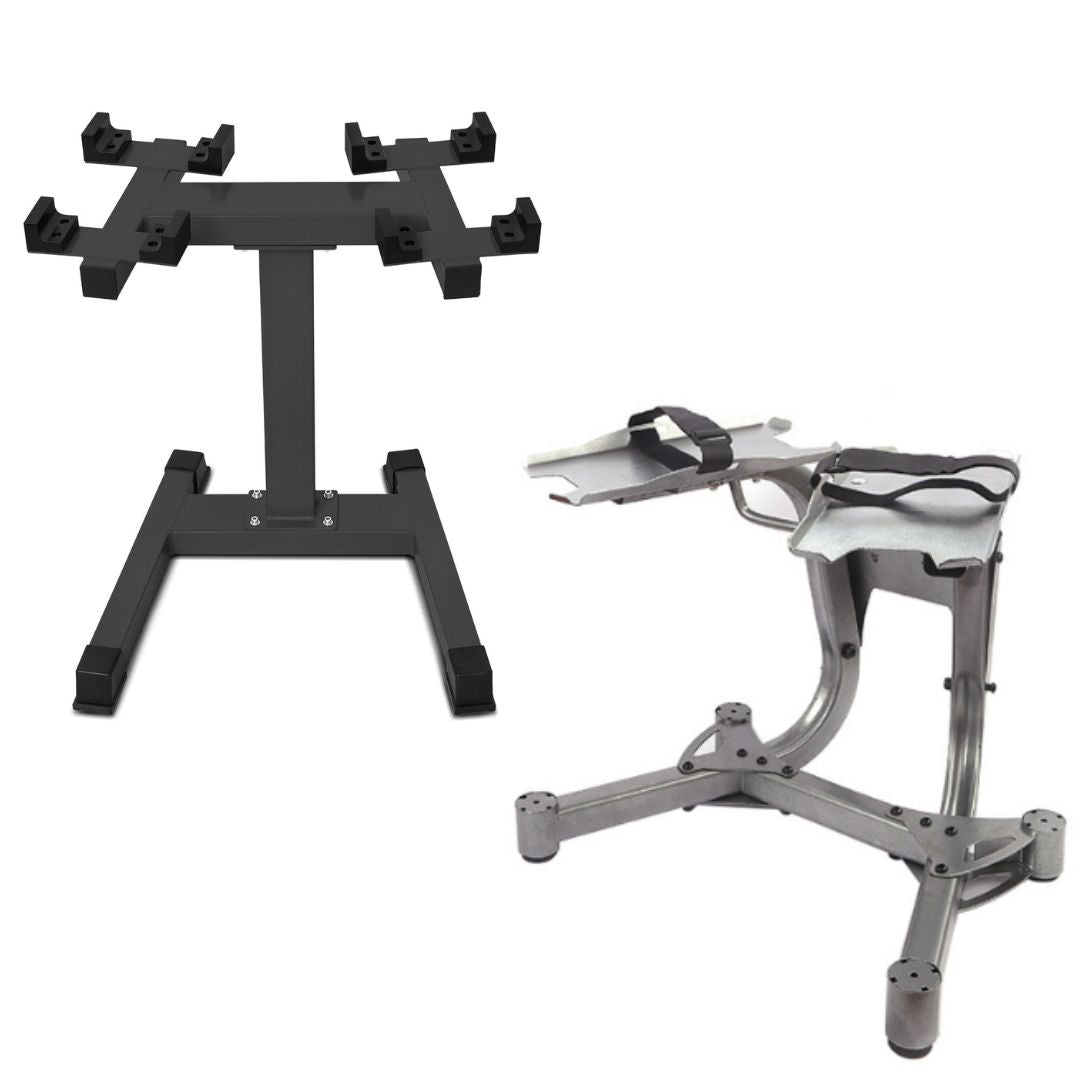 Adjusatble Dumbbell Stands
Adjusatble Dumbbell Stands
 MORE
MORE
 Kettlebells
Kettlebells
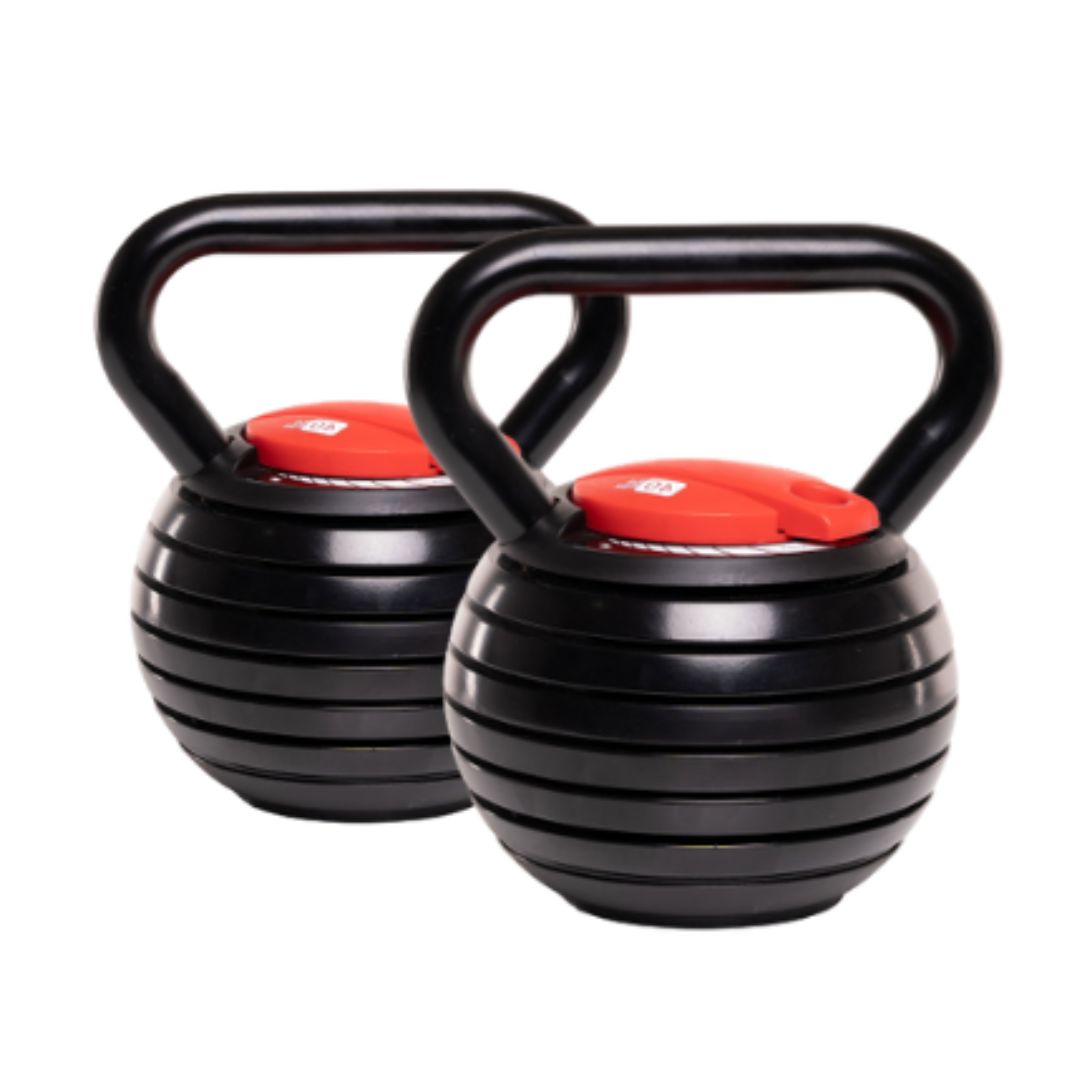 Adjustable Kettlebells - Single & Pair
Adjustable Kettlebells - Single & Pair
 Floor Mats
Floor Mats
 Yoga
Yoga
 Push Up
Push Up
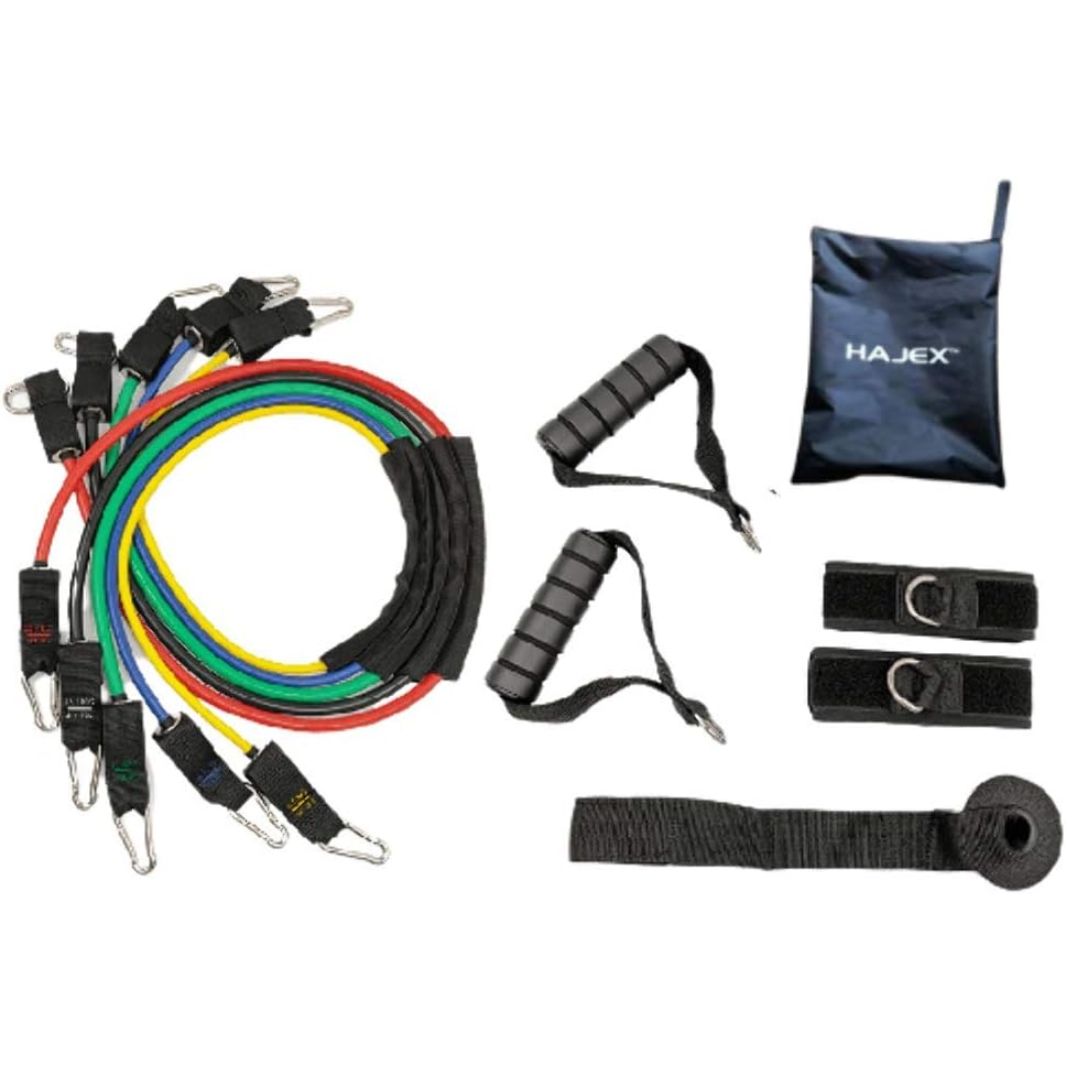 Resistance Bands
Resistance Bands
 Barbell Pads
Barbell Pads
 Dumbbell Handles
Dumbbell Handles
 Jump Ropes
Jump Ropes


